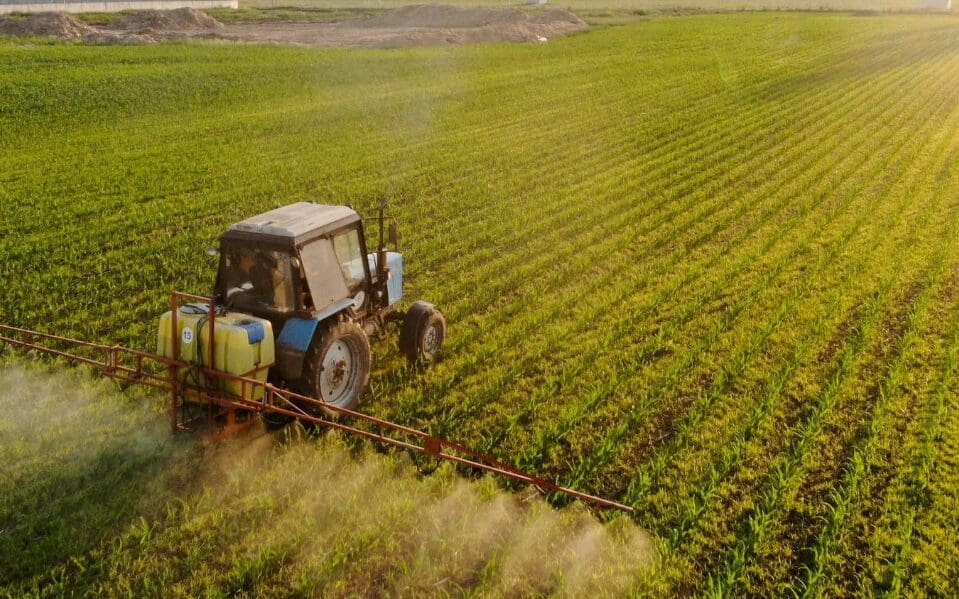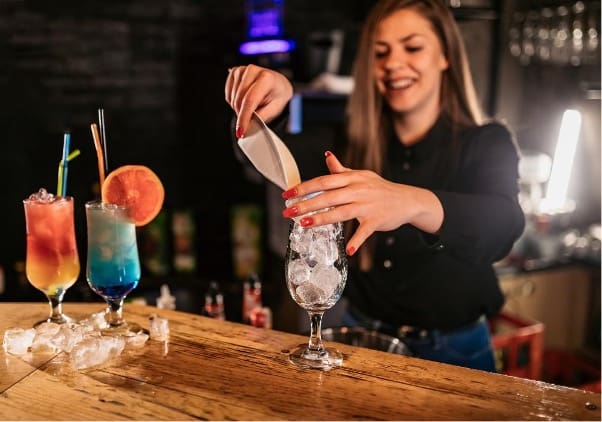The field of civil engineering is challenging and requires hard work, dedication, and adaptability as technology continues to advance. And if you’re looking to improve your chances of success as a civil engineer, here are some practical tips that can help you stand out:
- Keep up with trends and new technology
- Make sure your platforms are compatible
- Listen to the community goals
- Learn how to communicate with non-civil engineers
- Build a professional network
- Get insurance and stay protected
Keep up with trends and new technology
Civil engineering is constantly evolving and adapting to new technologies and methodologies. Stay ahead by expanding your knowledge. Focus on enhancing your abilities by mastering software programs like AutoCAD or gaining expertise in structural analysis. Seek diverse projects that challenge your skills and ask experienced professionals for guidance. You can also try the following:
- Attend workshops and trainings
- Explore online programs and resources
- Subscribe to industry newsletters or set up alerts to receive news directly to your email
These will help you keep up with the latest industry trends and make you more valuable to employers and clients.
Articles you may be interested in:
- Civil Engineer Salary in Australia in 2024 | PayScale
- The Exciting Scope for Civil Engineering in Australia for 2024
- The Top 10 Engineering Trends to Watch Out for in 2024
Make sure your platforms are compatible
Learning and mastering new technologies can be exciting, especially in civil engineering, where new technologies are developed daily. However, keep in mind that while using new technologies may impress your clients or team, it’s essential to ensure that all the platforms you use are compatible to avoid any future issues. It would be frustrating to spend a lot of time working on a project on one platform only to find that you cannot access it on another.
So before you jump into working on any project and introducing a new software or tool, ask the following questions:
- What are your clients or team currently using?
- Are there available demos and instructional resources?
- Do they have a list of integrations?
- What are users saying in their reviews?
Considering these factors can help ensure that the technology you use will be compatible with what your clients or team needs.

Listen to the community goals
Construction projects, from transportation to residential, must be adaptable to changing conditions and community goals. These could be weather or seasonal changes, economic conditions, and other environmental shifts. You need to be flexible yourself and consider potential changes with your design. But to do that, you must listen to the community
Learn about them
If you’re going to work on a project targeting a specific area and community, you need to be aware of any local routines, practices, or restrictions. What are the weather conditions or seasonal changes? How can the project affect them during and after construction?
Survey and evaluate
You should conduct extensive surveys to evaluate community goals and needs, and identify potential changes that may occur. You can use various tools and techniques such as cost-benefit analysis, multi-criteria analysis, social impact assessment, or environmental impact assessment to quantify and compare the benefits and costs of your project. These tools can also help identify and mitigate potential negative impacts on the social and natural environment.
You can also use different methods to identify and prioritise community goals, such as surveys, interviews, focus groups, workshops, or participatory mapping. Aim to gather as much information possible so you can be better prepared to present it to the stakeholders of the project.
Apply their feedback
Balancing the goals of a construction project with the community’s needs can be challenging. However, gathering feedback from diverse stakeholders, including residents, businesses, organisations, and agencies, can help improve project design, implementation, and management.
The key is to engage both in communication to ensure that their voices are heard and their concerns are addressed.
Learn how to communicate with non-civil engineers
The field of civil engineering requires you to work alongside other professionals who may possess a different level of knowledge or expertise in civil engineering than you do. You are responsible for providing them with the guidance and understanding required for the project. Clear and effective communication of your expertise is crucial to ensure the project’s success.
Step up your communication skills with practice, from giving a presentation with infographics and videos to hosting a webinar. The goal is to make everyone understand the potential issues that may arise during the project and prepare them for emergencies or delays. By doing so, you can also enhance your performance since everyone is well-informed and on the same page.

Build a professional network
Networking is essential in any profession, and civil engineering is no exception. It’s not enough to be technically proficient in your field, you must also have excellent communication and leadership skills. This means you need to hone your ability to express yourself verbally and in writing, work well with others and lead teams effectively.
- Attend conferences, meetings, or industry events
- Join professional organisations or groups such as NGOs or academic teams
- Connect with other experts and industry professionals on LinkedIn
Joining a supportive community of like-minded professionals can provide valuable guidance and support throughout your career. Staying connected also informs you about job openings or industry trends that can further your career as a civil engineer.
Get insurance and stay protected
Working in construction involves many risks, especially when leaving the office environment and working on site.
It is important to prepare yourself for any workplace dangers in consultation with the principal contractor or designated persons responsible for WHS duties, wear appropriate protective clothing, and strictly follow all site safety advice. Additionally, it is crucial that you have relevant Workers Compensation policy in place for you and your staff to protect them in the event of injury in the workplace.
Insurance is generally required to tender for contracts and often includes a requirement for a minimum limit of Professional indemnity or Design and Construct Professional Indemnity; Public and Product Liability; Workers Compensation, proof of Plant and Machinery insurance and other covers where circumstances are required. Due to the complexities of these contracts, it is highly recommended to consult with insurance professionals to understand specific risks civil engineers face and obtain appropriate coverage.
East West Insurance Brokerscan assist you in identifying sufficient coverage for your business to ensure this meets your budget and needs. You can reach our brokers by clicking here.
Improve your chances of success
Becoming a successful civil engineer is no easy feat, but with dedication and the right mindset, you can set yourself up for a rewarding and fulfilling career. By constantly expanding your knowledge, honing your technical and communication skills, building professional networks, and learning how to communicate outside your profession, you’re well on your way to improving your chances of success in this ever-evolving field.









